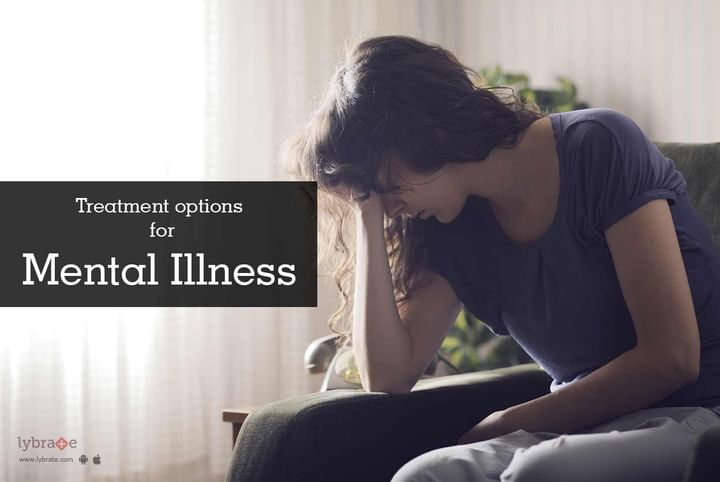Get the App
For Doctors
Login/Sign-up
Last Updated: Jan 10, 2023
BookMark
Report
Treatment Options For Mental Illness
Mental illnesses refer to an extended range of health disorders related to the mental condition of an individual which affect the health, mood and behavior of that person. Depression, anxiety, eating disorders, addictive behaviors, schizophrenia, etc. are the different types of mental illnesses.
Mental illnesses can create a lot of trouble in the normal functioning of the day-to-day activities of a person's life. Here are some of the common treatment options available for relieving mental illnesses.
- Medications: Antidepressants, anti-anxiety medications, mood-stabilizing medications, antipsychotic medications are some general types of psychiatric medications prescribed by the doctor, which can be consumed depending on the condition one is going through. Although these medications do not cure the person completely, it helps in improving the condition.
- Psychotherapy: This type of therapy involves talking to a mental health provider about your condition and other related issues. In other words, it is also called talk therapy. It helps a person to cope up with his/her stress. The duration of such a treatment varies. It may either take a few months or even longer, if required. This therapy can be carried out in a group, with family members or even face to face with the therapist.
- Brain-stimulation treatments: When the medications and psychotherapies fail to work in treating mental illness, this treatment is applied. It involves procedures such as electroconvulsive therapy, transcranial magnetic stimulation, deep brain stimulation and vagus nerve stimulation.
- Hospital and residential treatment programs: In extreme cases of mental illness when a person becomes a threat to himself/herself, it is recommended that he/she be hospitalized to a psychiatric hospital.
- Substance abuse treatments: Substance abuse and mental illness go hand in hand. It worsens the condition of mental illness in an individual, if he/she cannot restrict the consumption of alcohol or drugs. In such circumstances, an individual needs to talk to the doctor regarding the treatment options for stopping substance abuse.



+1.svg)
